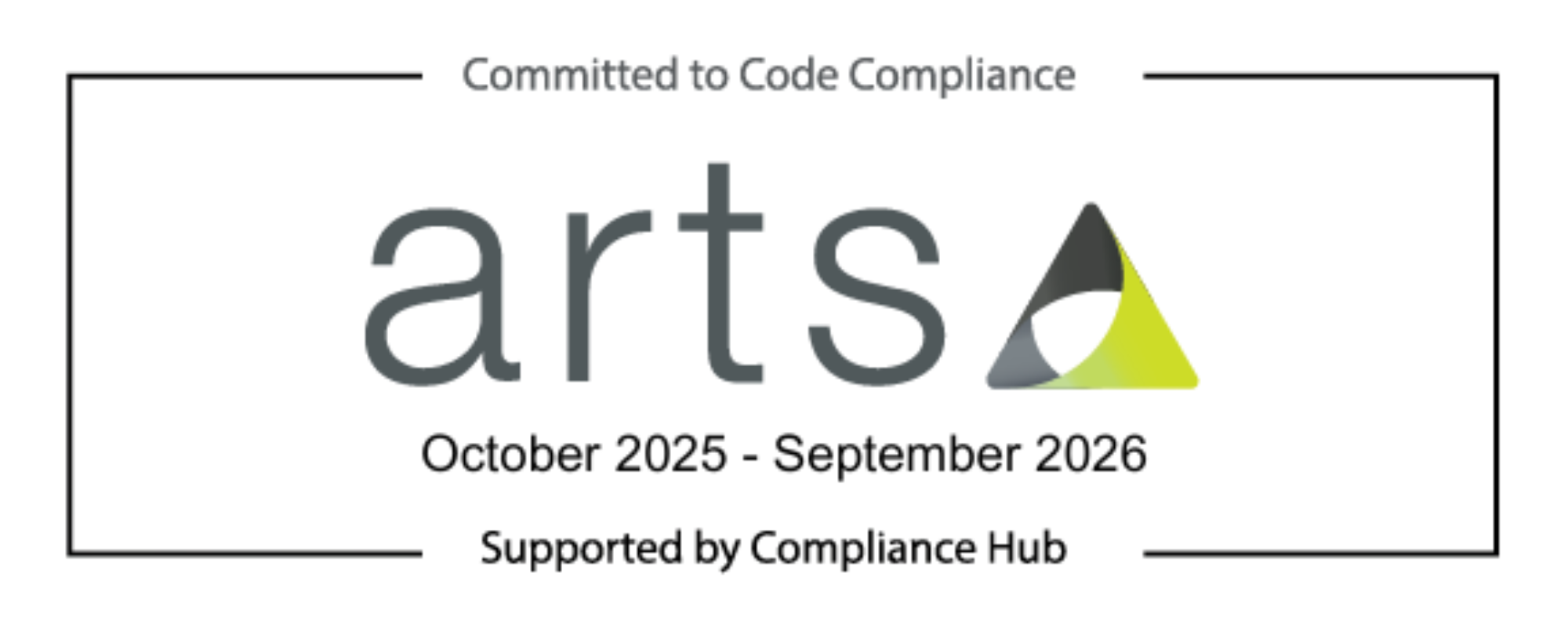Guidelines in Practice NHS restructure survey reveals progress in primary care, but misgivings about the future
Guidelines in Practice'readers say that while the move to integrated care systems will lead to more comprehensive patient care, it won't succeed in the context of'COVID-19.
A survey conducted by'Guidelines in Practice'to explore the opinions of healthcare professionals on the'NHS restructure'reveals that, while the healthcare workforce is optimistic about the potential of the reorganisation to improve patient care, significant barriers to implementation remain.'
Of the survey respondents,'65%'feel'that a wider skill'mix'in primary care will lead to more comprehensive care for patients, but 75% do not believe'that'the restructure will succeed in the context of the COVID-19 pandemic.' '
Respondents highlight significant obstacles to the success of the restructure:'
- three-quarters of respondents (75%) lack confidence that the restructure will improve patient care in the context of the COVID-19 pandemic''
- more than half (59%) of the respondents believe that there is insufficient funding to support workforce development'
- fewer than one-third (31%) of the respondents feel that the changes have freed up GP time'(31%),'and even fewer (26%) think that GP workload has reduced as a result.''
However, key findings from the survey reveal positive changes'have been'made:''
- 65% agree that a wider skill mix in primary care will lead to more comprehensive care for patients'
- 75%'state'that their practices have already appointed clinical pharmacists, 57% have appointed social prescribing link workers, and 48% have appointed physiotherapists
- 78% of respondents consider it feasible or very feasible for their GP practice to collaborate in local partnerships.'
Integrated care systems
The NHS in England is undergoing a restructure that has the potential to transform primary care. Since April 2021, all parts of England are being served by an integrated care system (ICS), tasked with the delivery of joined-up patient care.'Within ICSs, GP practices'working in partnership with community, mental health, social care, pharmacy, hospital, and voluntary services'are establishing primary care networks to deliver integrated care at place level.
Simultaneously, the general practice workforce is expected to expand, generating multidisciplinary primary care teams that alleviate the burden on GPs. However, the NHS is currently experiencing the worst pressure in its 73-year'history, and'facing a backlog of care delayed by the pandemic.'
Angela O'Neill,'Editor of'Guidelines in Practice,'said:''Although some GPs, nurses, and pharmacists recognise the potential of the restructure to enable more seamless care for patients, many are dismayed about the limited time and resources to implement the changes. It is clear that additional'funding and support is needed if primary care is to harness the potential benefits of the new NHS model.''
Read the preliminary survey results'at'guidelinesinpractice.co.uk, with a full round-up and analysis of results'to follow later in 2021.
'


 North
North

